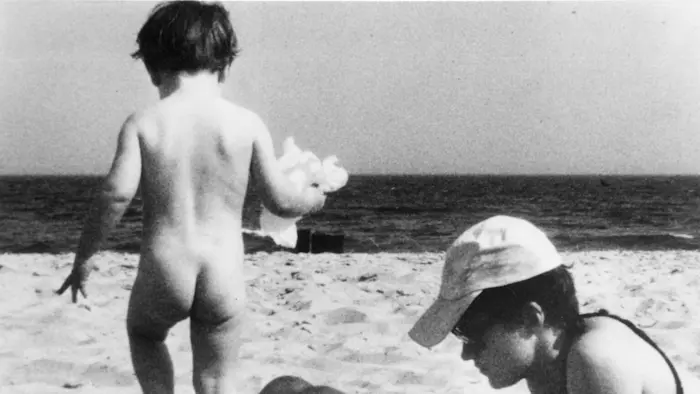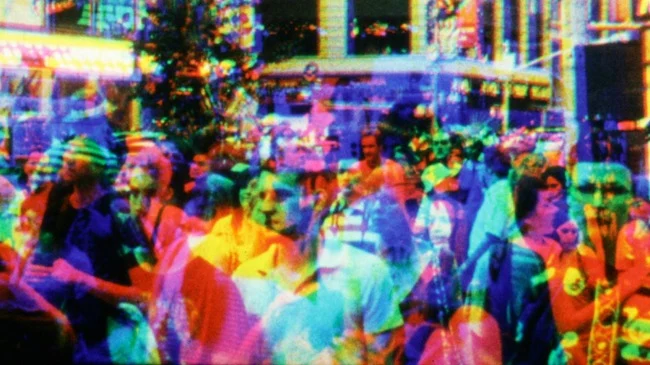Know Before You Go
Plan your Visit
Theater Policies
Accessibility
More in Series

Screenings
Girls on Film: Two by Su Friedrich
In person: filmmaker Su Friedrich

Screenings
Glimmers and Ghosts: The Cinema of Tomonari Nishikawa
One of the leading experimental filmmakers of the 21st century, Tomonari Nishikawa began his practice in 2003, exploring the tangible qualities and apparatus of filmmaking. “Just as an artist carries a sketchbook and practices drawing,” Nishikawa said of his early Sketch Film(s) #1–5, “I carried a Super 8 camera and practiced stop-motion animation of the lines and shapes I see in public spaces,” documenting city streets in his native Japan and in New York. Using in-camera techniques and strategic masking to capture life in compounded fragments, Nishikawa creates tiny magic tricks of time and space, elegantly showcased in Ten Mornings Ten Evenings and One Horizon (2016), a contemplative short that features bridges in his hometown of Mount Ōkawairi, Japan, and his “slipstream city symphonies” (Mubi Notebook) like Shibuya – Tokyo (2010) and 45 7 Broadway (2013). Nishikawa’s films have been showcased around the world; lauded at international festivals; and deeply appreciated by his students at Binghamton University in New York. When Nishikawa passed away suddenly in April 2025, at the age of 55, he left behind his influence on a generation of aspiring filmmakers and a collection of remarkable shortform works, showcased in near completion in this program. All films are directed by Tomonari Nishikawa. Special thanks to Miki Nishikawa, Canyon Cinema, and Lightcone. Program and notes by K.J. Relth-Miller. Total program runtime: approx. 70 min.
Multiple Formats
